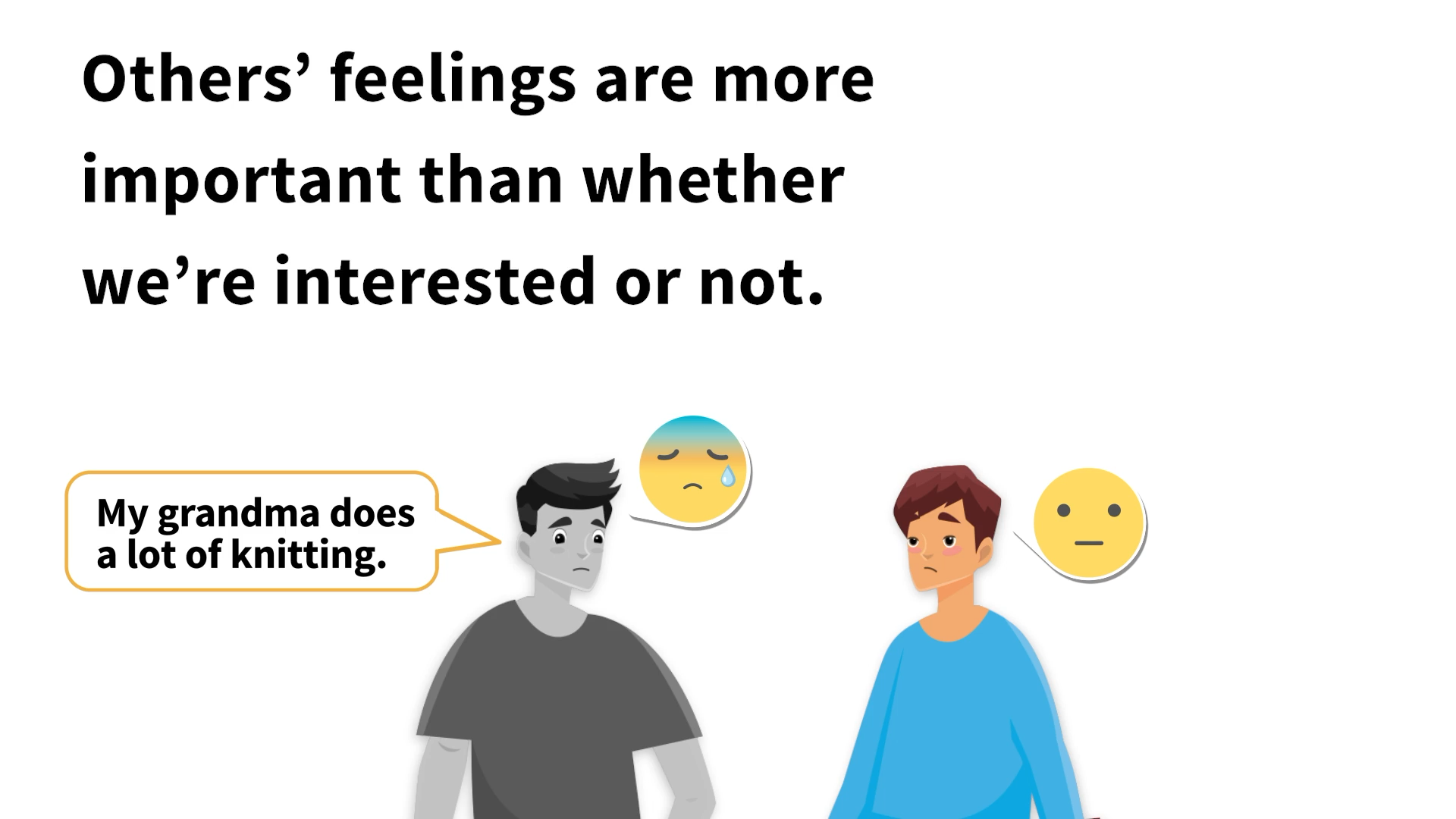
Introduction
In our daily lives, we engage in various conversations that may or may not be interesting to us. It is essential to teach our students that everyone experiences boredom during conversations, but showing it can hurt others’ feelings. This blog post focuses on guiding elementary students through the process of pretending to be interested when they’re not, as a way to maintain positive social interactions. By incorporating principles of Social-Emotional Learning, students will learn the importance of empathy and active listening while engaging with others.
No-Prep Activity: The “Guess the Emotion” Game
This simple and engaging activity requires no preparation or materials from the educator. The goal of the “Guess the Emotion” game is to help students practice displaying interest, even when they’re not genuinely engaged.
- Divide the students into pairs.
- One student in each pair will be the “Speaker,” while the other will be the “Listener.”
- Ask the Speaker to talk about a random topic for one minute, while the Listener pretends to be interested.
- After one minute, have the students switch roles.
- Once both students have had a chance to be the Speaker and Listener, encourage them to discuss how they felt and what they noticed during the activity.
This activity allows students to practice using body language, facial expressions, and verbal cues to show interest, even when they may not be genuinely engaged in the conversation. It also helps them understand the importance of making others feel heard and valued.
Discussion Questions
- How did it feel to pretend to be interested in a conversation? Was it easy or challenging?
- What specific actions did you take to show interest while listening to your partner?
- How did it feel when your partner pretended to be interested in what you were saying? Were you able to tell they were pretending?
- Why is it important to show interest in a conversation, even if you’re not genuinely engaged?
- Can you think of a situation where you had to pretend to be interested? How did you handle it?
Related Skills
In addition to pretending interest, there are other essential Social-Emotional Learning skills that can help students improve their social interactions. These include:
- Active listening: Students learn to pay close attention to what others are saying, ask questions, and provide feedback to show they understand.
- Empathy: Understanding and sharing the feelings of others help students connect with their peers and build strong relationships.
- Non-verbal communication: Students learn to use body language, facial expressions, and gestures to convey their thoughts and feelings.
- Conflict resolution: Teaching students how to handle disagreements and find solutions in a respectful and constructive manner.
Next Steps
By teaching students to pretend interest in conversations, we are helping them develop essential social skills that will benefit them throughout their lives. If you’re interested in exploring more activities and resources related to Social-Emotional Learning, sign up for free sample materials at Everyday Speech. You’ll find a variety of useful materials to support your students’ social-emotional development and help them become more confident and empathetic communicators.

